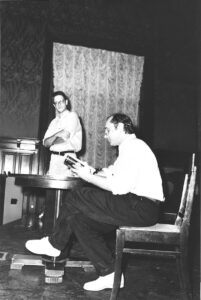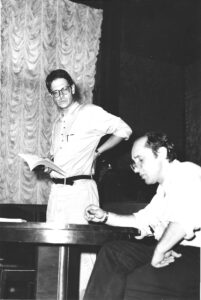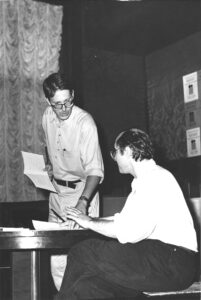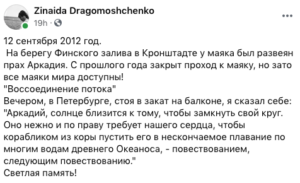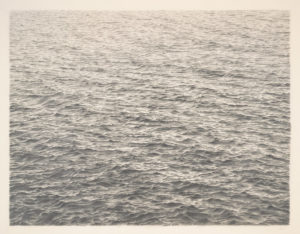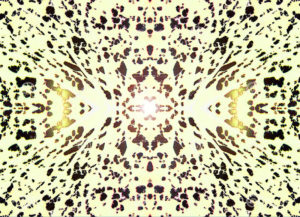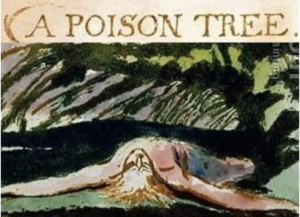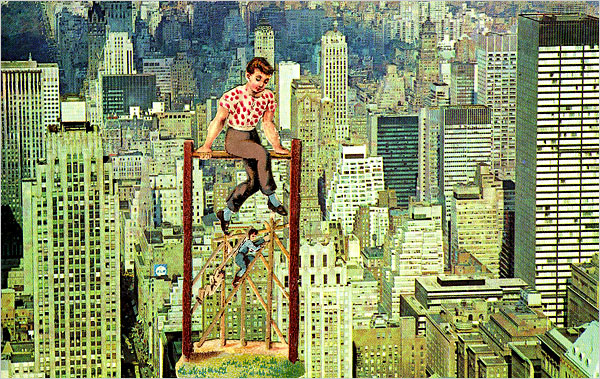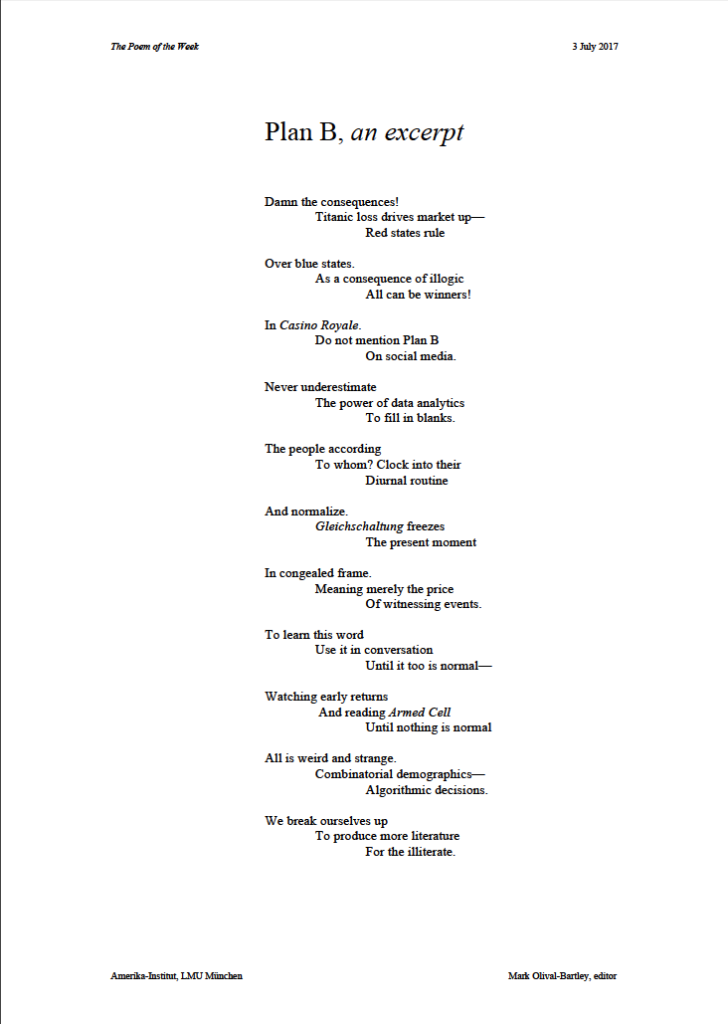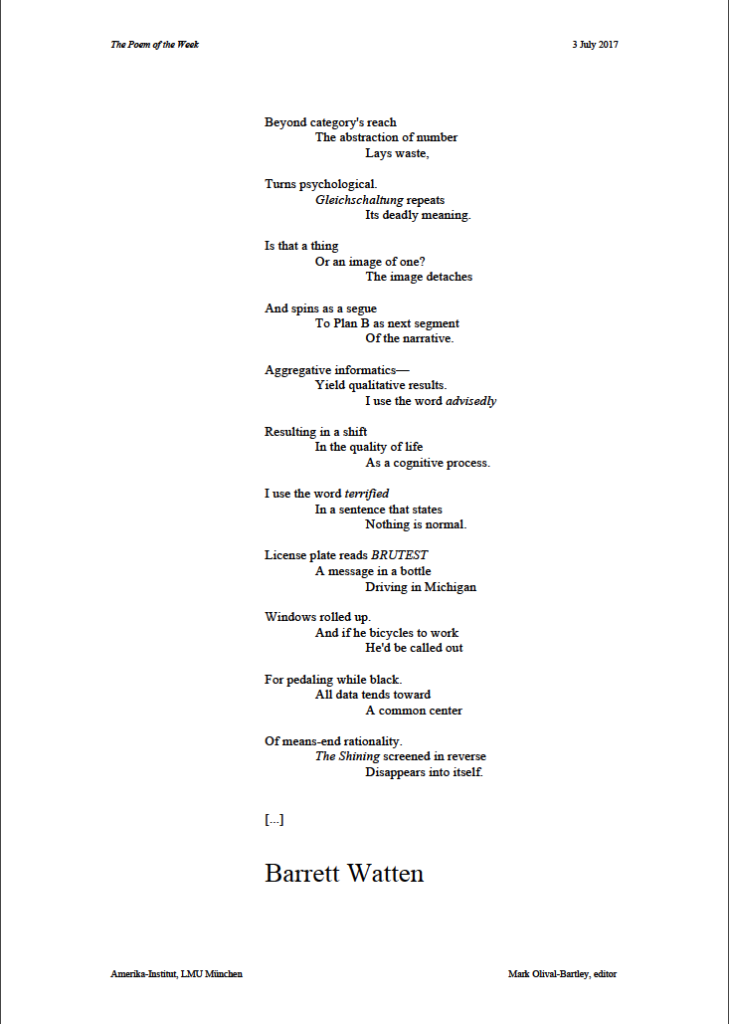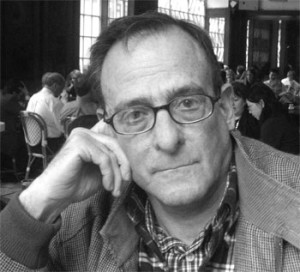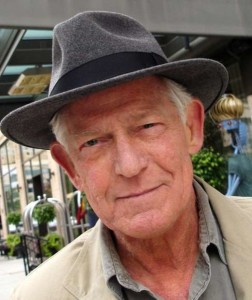There is a proliferation of anniversary dates this time of year. This one remembers our Summer School in Leningrad, August 1989, during the last days of Perestroika and the Soviet Union itself—thirty-one years ago. An international conference of avant-garde poets would not have been possible previously, and its meaning took part in that nearly evacuated moment—which we record in our nonnarrative history, Leningrad: American Writers in the Soviet Union. The grandiosity of our monumental title betrays the actual import of the event, which was all in the details—an occurrence that could happen once only, as its effective history. Which is always potential, always about to have an effect. Arkadii and I are pictured above, at the reading where I read in English followed by his translation. I would now say that it is the distance between the two figures that is most active and alive with possibility.
Today I saw Zinaida Dragomoshchenko’s post on, I assume, the scattering of Arkadii’s ashes in 2012, which adds to the historical prompt for my post. At another moment of distance, I want to read Zina’s tribute in Russian, which I screen capture without translating (and as the Cyrillic alphabet does not work on my site). Zina recalls the scattering of Arkadii’s ashes near the lighthouse at Kronstadt, in the Baltic off Petersburg, which has since closed, “but all the beacons of the world are available.” I wonder if the line in quotes, “Vossoyedineniye potoka,” translated as “stream reunion,” is from Arkadii’s works. Streams are coming together, converging. She returns to Petersburg and, speaking to herself, imagines the sun’s closing of a circle and a return “endless swimming” in the stream of Okeanos. She ends, in convergence across the space of eight years, “Svetlaya pamyat’!,” “Bright memory!”
Notes
Photographs: BW and Arkadii Dragomoshchenko, International Summer School, Leningrad, August 1989. Photographer: t/k.
Permission to reproduce screen shot.
